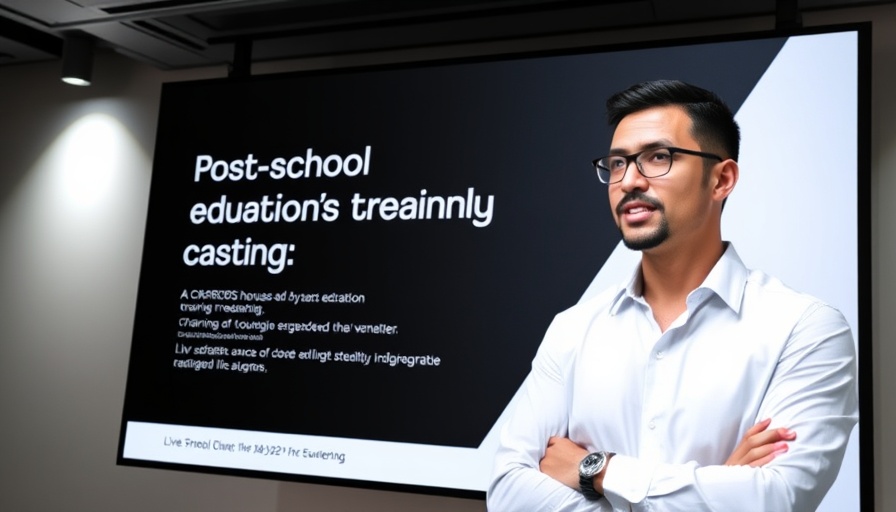
Understanding School Admissions Setbacks in South Africa
School admissions can be a daunting journey for many parents in South Africa, especially in a time when educational institutions experience increasing demand and limited resources. The compounded effects of socio-economic factors mean that many families face challenges that could hinder their children's academic progress. Parents need not only to understand the application process but also how to navigate setbacks effectively.
Common Challenges Faced by Parents
For many parents, especially those from communities with fewer resources, the admissions process can feel overwhelming. Common setbacks include administrative errors, financial constraints in accessing quality education, and the pressures of securing placements in desired schools. With a stronger emphasis on academic performance and certain enrollment criteria, parents often find themselves scrambling to address these challenges amid an already stressful parenting environment.
Navigating the Admissions Process: Tips and Strategies
Understanding the nuances of the admissions process can empower parents significantly. It's crucial for families to start preparing well in advance of application deadlines. Here are some strategies:
- Research Educational Institutions: Parents should gather information on various schools, their admission criteria, and timelines. This enables families to gauge where their children would be a good fit.
- Organize Documentation: Keeping track of essential documents such as report cards, birth certificates, and residency proof is vital. Organized paperwork can prevent last-minute scrambles that often lead to unnecessary stress.
- Financial Planning and Scholarships: Understanding options for financial aid or scholarships can alleviate some financial burdens. Parents should thoroughly research opportunities available in their target schools.
Leveraging Community Resources
Communities often provide invaluable resources that can help parents navigate school admissions smoother. Evening classes, local workshops focused on educational advocacy, or community forums on social media platforms are great places to gather insights and share experiences.
Emotional Resilience and Support Systems
It’s essential for parents to build support systems. Sharing experiences with other parents can foster community bonds and provide emotional support. This is especially important during periods of uncertainty.
Future of School Admissions in South Africa
The landscape of education and admissions in South Africa is evolving. Parents should prepare for a future that may incorporate technological advancements. Educators and policymakers are beginning to explore the use of digital tools in the admissions process, making it essential for parents to stay informed. They may eventually benefit from enhanced transparency and accessibility through online portals that manage applications and communications.
Conclusion: Challenges Can Lead to Empowerment
While school admissions setbacks can initially seem disheartening, they present an opportunity for growth and resilience. By arming themselves with knowledge and engaging with community resources, parents can empower not only themselves but also their children. Navigating this complex system requires patience and strategic planning, yet the possibilities for ensuring quality education remain within reach.
As you embark on this journey, stay informed about educational opportunities and changes in the system. Keep communication open with educational institutions, and don't hesitate to seek help when needed. Remember, every step taken today creates a stronger foundation for your child's tomorrow.
 Add Row
Add Row  Add
Add 




Write A Comment